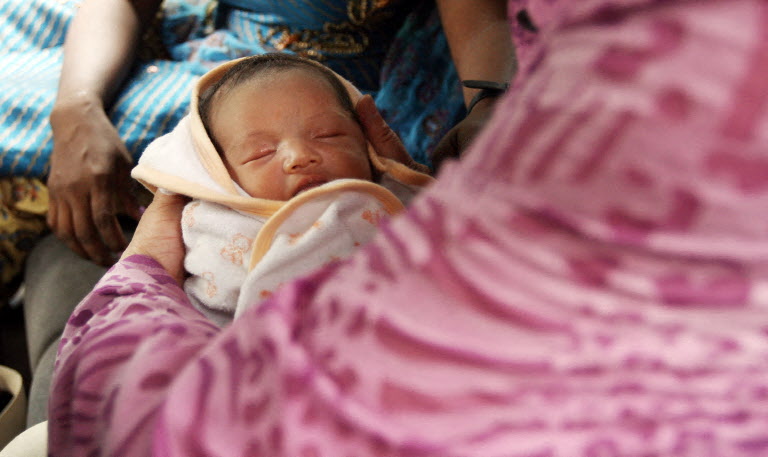
- ARAB NEWS
- 17 Jul 2025

TOKYO: Tourists in Japan may be prepared for a few whimsical surprises, but one unexpected twist could be meeting locals with names like “Nike” or “Pudding.”
These are known as “kirakira” names — literally meaning “shiny names” — and they’ve been sparking major controversy across the country.
While these flashy, unconventional names are becoming increasingly common, the problem is that hospitals, schools and government agencies often don’t know how to pronounce them.
In response, the Japanese government announced new regulations on Monday that will limit the use of such “designer names.”
The controversy stems largely from how the Japanese language works.
Traditionally, Japanese names are written using kanji, the Chinese characters that carry both meaning and pronunciation. The issue with kirakira names is that they often don’t follow standard reading conventions — meaning even native Japanese speakers can’t always tell how to read them.
Reports also points to a surprising factor behind the rise of these unusual names: Japan’s law requiring married couples to share a single surname — usually the husband’s. Feminist groups have been pushing to change this, but in the meantime, some parents are using first names as a way to express individuality and push back against conformity.
A recent study conducted by Assistant Professor Yuji Ogihara of Tokyo University of Science and Atsuki Ito of Hitotsubashi University analyzed baby name trends over the past few decades in local newspapers and suggested that Japan may be moving toward more values of individuality and uniqueness, with naming practices reflecting that shift.
Still, the government’s new restrictions have stirred up mixed reactions online.
One user on X supported the move, writing:
“This reminded me that traditions exist for a reason… Let your kid stand out because of what they do, not just what they’re called.”